#newberry library
Text
Absurd, airplane-themed hats
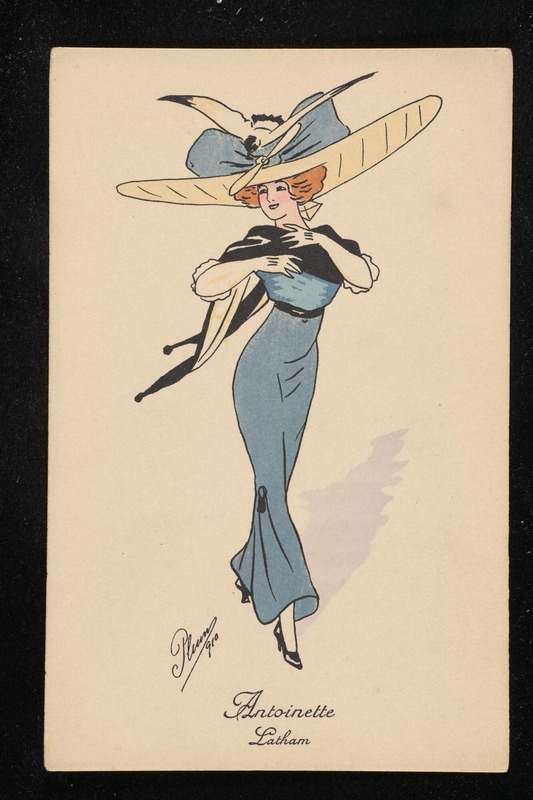
Antoinette Latham, early 20th century
This is part of a series of postcards featuring women in absurd, airplane-themed hats that I absolutely love. The artist, who signs their name as Plum, is not the only artist in the collection to depict women in cartoonishly ridiculous hats, but I love this series in particular because the visual gag goes beyond just “oh, funny hat.” These women are chic, not only because they dress in fashionable silhouettes and fabrics, but because their fashion ties in the hottest news of the day: humans figuring out how to fly. Sure, their hats are absurd, but they're definitely topical! -- Caroline Carter, Grant Writer
To celebrate the launch of our latest digital collection, we'll be featuring mini-posts of staff faves.
Browse the full collection: John Monroe collection of artist-signed postcards
20 notes
·
View notes
Photo
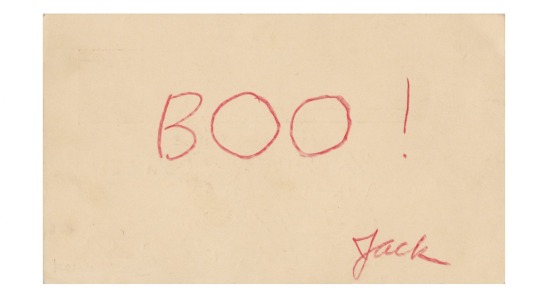
Jack Kerouac | Newberry Library
91 notes
·
View notes
Text
Anyway, for those who will be in Chicago at any point between September 8 and December 30, 2023, check out the Newberry Library's upcoming exhibit, Seeing Race Before Race! It's going to be a very insightful look at premodern race as it appears in the Newberry Library's collection. There are also going to be accompanying events open to the public throughout the exhibit's run, so please take advantage of those if you can! It's going to be a fantastic learning opportunity.
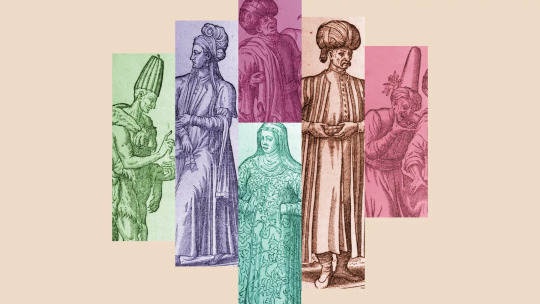
13 notes
·
View notes
Photo
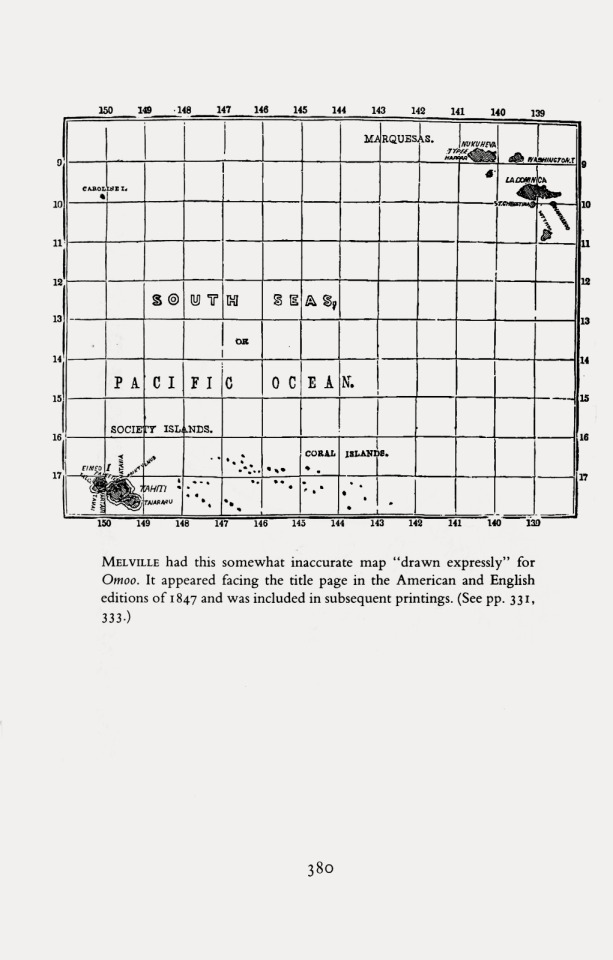
Herman Melville, (1847), Omoo: A Narrative of Adventures in the South Seas, [Map from First Edition], Edited by Harrison Hayford, Hershel Parker, and G. Thomas Tanselle, Historical note by Gordon Roper, Northwestern University Press, Evanston, IL / The Newberry Library, Chicago, IL, 1968, p. 380
#graphic design#map#book#herman melville#harrison hayford#hershel parker#g. thomas tanselle#gordon roper#northwestern university press#newberry library#1840s#1960s
88 notes
·
View notes
Text
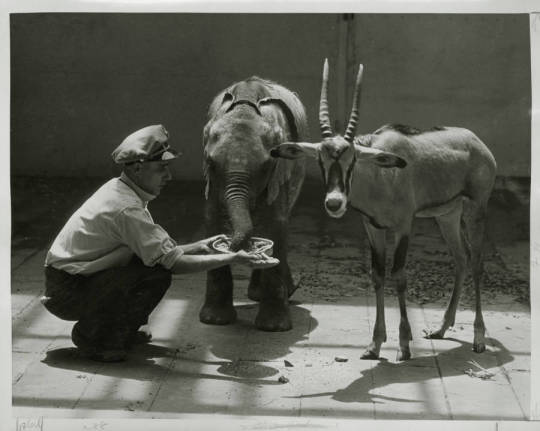
Zookeeper with baby animals, Brookfield Zoo, Brookfield, Illinois, 1940s
CB&Q A-5-3 Record Group A-5 Box 64 Folder 3473
Chicago and the Midwest (Newberry Library)
#elephants#gazelles#baby elephants#baby gazelles#zookeepers#brookfield zoo#newberry library#baby animals
7 notes
·
View notes
Photo
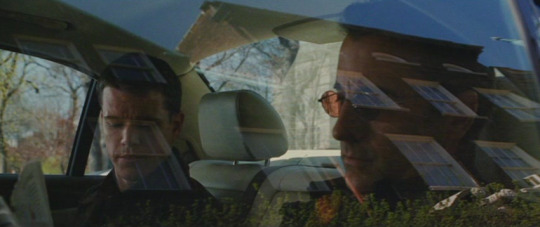
The exterior of the Newberry Library (Chicago) in Steven Soderbergh’s Ocean’s Twelve (2004).
4 notes
·
View notes
Text
How to write a Holiday Email (eg: what I should be doing instead of procrastinating right now):

so it's that time of year when you want to remind your employers that you exist. you have a brilliant idea! holiday greetings from the comfort of your computer. alas, you and the 4.9 billion other corporate husks on this planet had the same idea. but you want to stand out. you want them to consider you for that promotion/job at that cooler sister company/etc. how the hell are you supposed to do that?
my dear friend(s), the answer is simple! scour the newberry library postcard collection of course! for an eclectic, unique twist on seasons greetings.
the best part about library archives is that their descriptions of each and every postcard are gonna be detailedddd. you can select postcards about Poland, peasants, regattas, and rugs? even. (disclaimer, as many of these cards are from the 1890s-early 1900s, there are some cards you should definitely avoid sending)
and then write the same thing that everyone else does. "I love(d) working with you. hope all the best in [insert upcoming year] etc"
the newberry also has an awesome randomized postcard form for you to send to friends/enemies/lovers:
happy postcarding!

#christmas#holidays#work#corporate#9 to 5 job#9 to 5#creative#vintage postcards#newberry library#chicago#old#vintage#letters#handwritten#email etiquette#theloebster
0 notes
Text
Milestone Monday
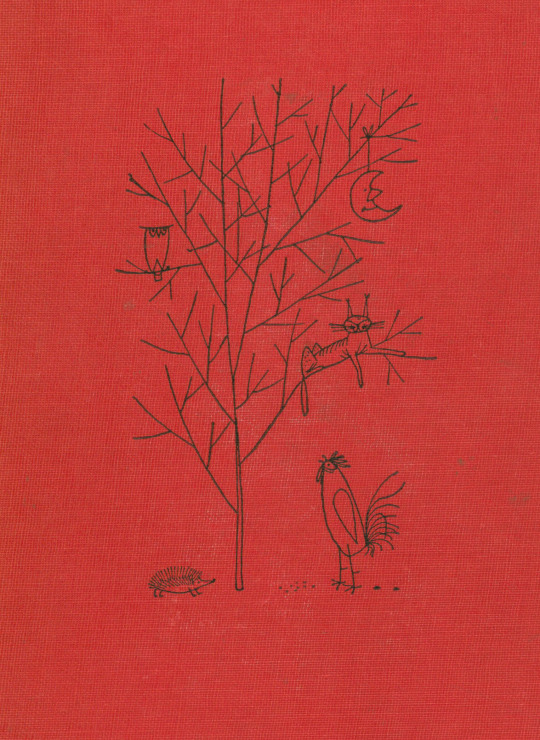
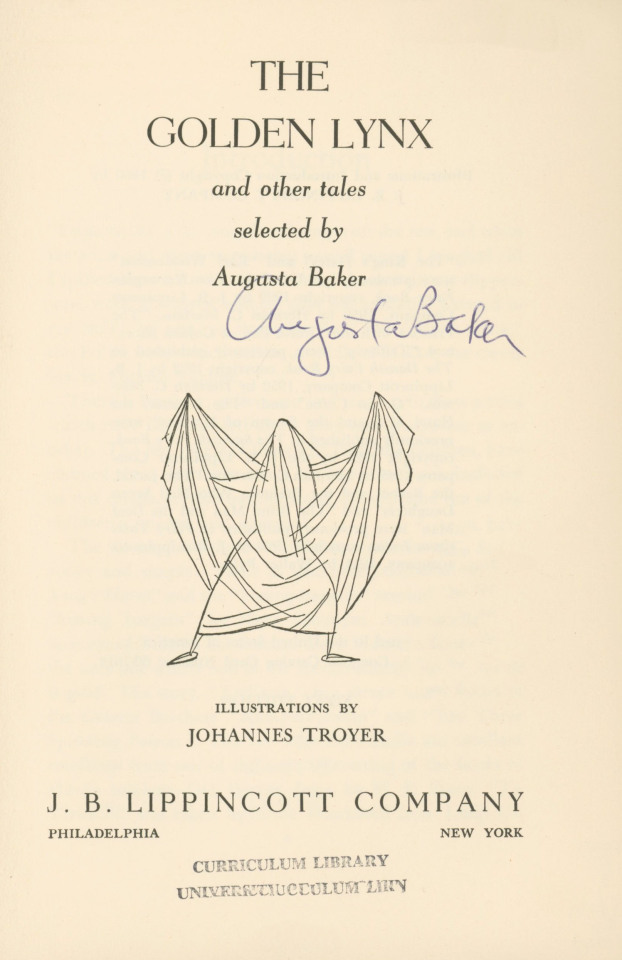
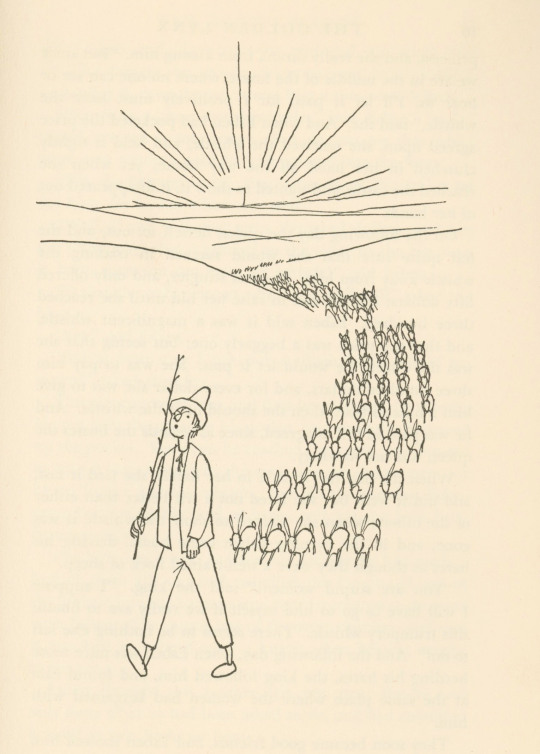
The King's Hares, from Norway
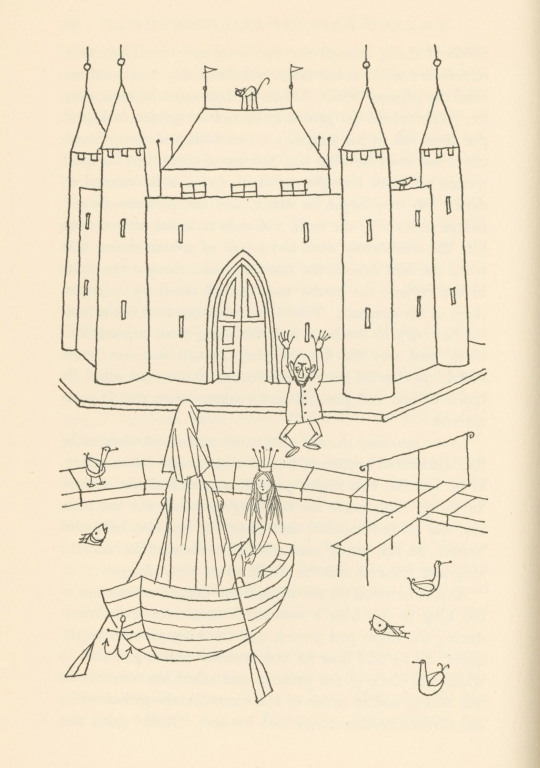
The Princess with the Twelve Pair of Golden Shoes, from Denmark

Queen Crane, from Sweden
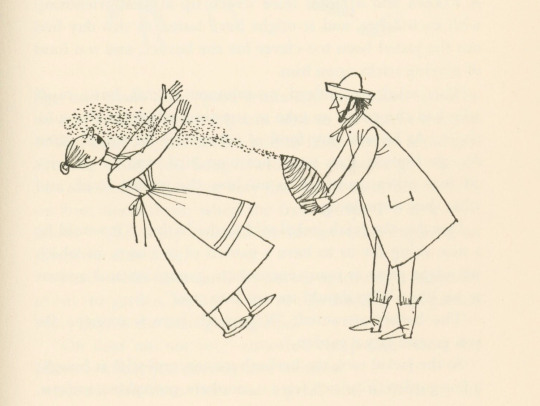
The Rooster, the Hand Mill and the Swarm of Hornets, from Sweden

Ti-Tirit-Ti, from Italy

The Adventures of Bona and Nello, from Italy

The Hedgehog Who Became a Prince, from Poland
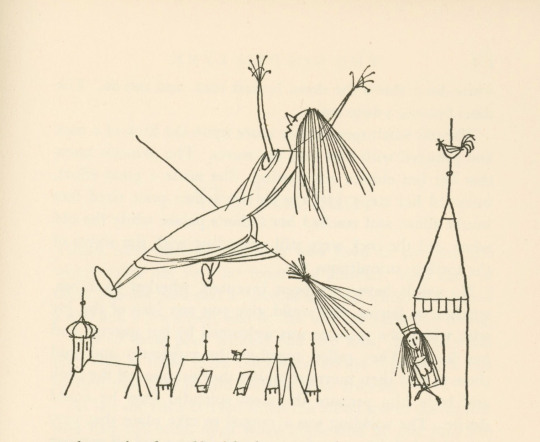
The Flight, from Poland
April 1st is the birthday of American librarian and storyteller Augusta Braxton Baker (1911-1998). Born to two schoolteachers in Baltimore, Baker was a voracious student who read at a young age and careened through elementary and high school. With advocacy support from Eleanor Roosevelt, Baker was admitted to the Albany Teacher’s College and in 1934 earned a B. A. in Education and a B. S. in Library Science making her the first African American to earn a librarianship degree from the college.
In 1939, Baker went on to work as the children’s librarian at New York Public Library’s Harlem branch, founding the James Weldon Johnson Memorial Collection of Children’s Books to showcase representation of Black children and life in books, and beginning a lifelong career with children’s literature and the New York Public Library (NYPL). In 1953, she was appointed Storytelling Specialist and Assistant Coordinator of Children’s Services, quickly moving into the Coordinator of Children’s Services position years later and becoming the first African American to hold an administrative position with NYPL. Throughout her career, Baker was active with the American Library Association, and chaired committees for the Newbery Medal and Caldecott Medal recognizing excellence in children’s literature.
In celebration of Baker’s birthday, we’re sharing The Golden Lynx and Other Tales, a collection of international folk tales compiled by Baker and illustrated by Austrian artist Johannes Troyer (1902-1969). This is the first edition of the book published in 1960 by J. B. Lippincott and is signed by Baker, who writes in the introduction, “No story has been included in this collection that has not stood the supreme test of the children’s interest and approval”.
Read other Milestone Monday posts here!
View more posts on children's books here.
– Jenna, Special Collections Graduate Intern
#Augusta Braxton Baker#Milestone Monday#The Golden Lynx and Other Tales#Johannes Troyer#J.B. Lippincott#New York Public Library#American Library Association#Newberry Medal#Caldecott Medal#Historical Curriculum Collection#birthdays
40 notes
·
View notes
Text
When Manan Bhardwaj Said,
Hai Dard Ismein Chhupa
Ye Ishq Na Ho
Iski Na Koyi Dawa
Yeh Ishq Na Ho
I literally felt it from the bottom of my heart
#aesthetic#literature#feelings#quotes#poetry#quoteoftheday#self care#words#thoughts#rumani#books & libraries#bookheaven#basketball#luke newberry#tick tick boom#bookworm#book headers
2 notes
·
View notes
Text
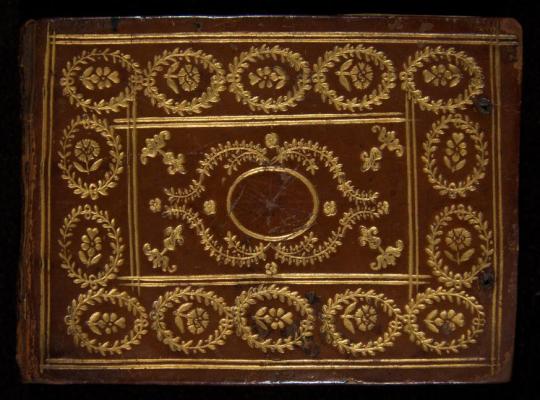
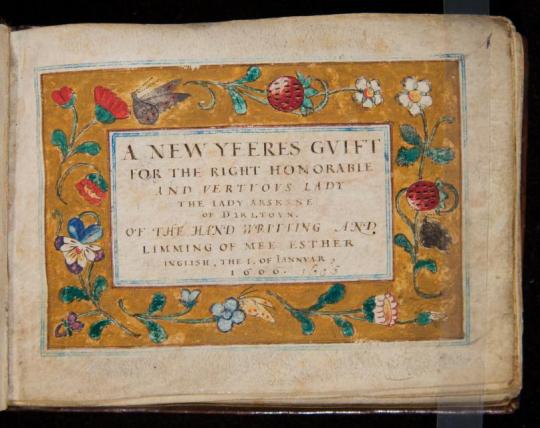
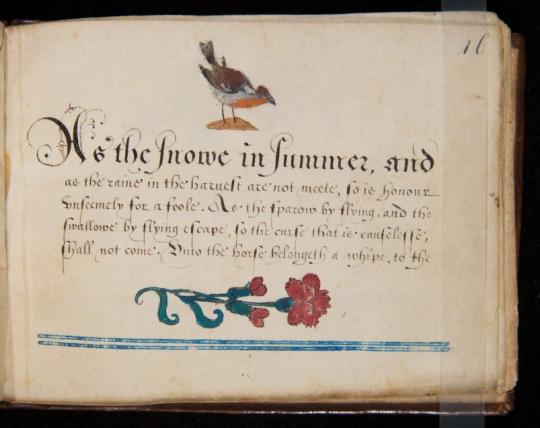
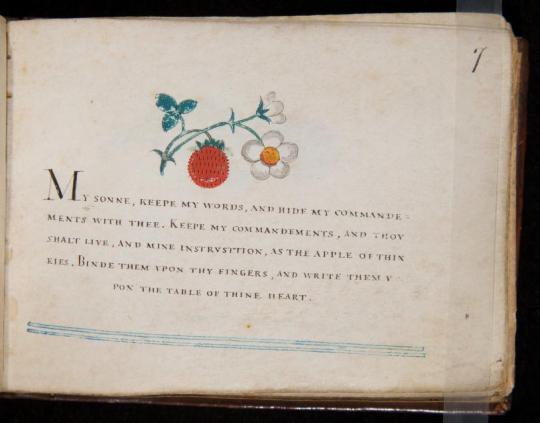
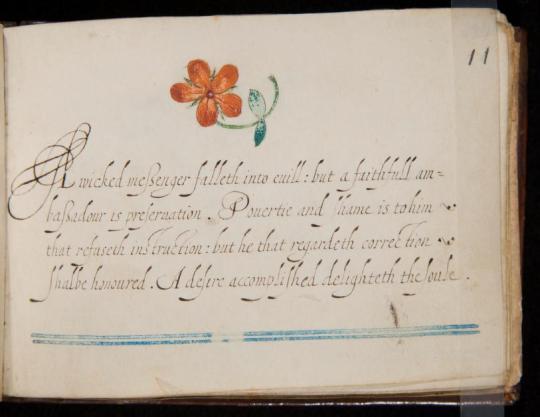



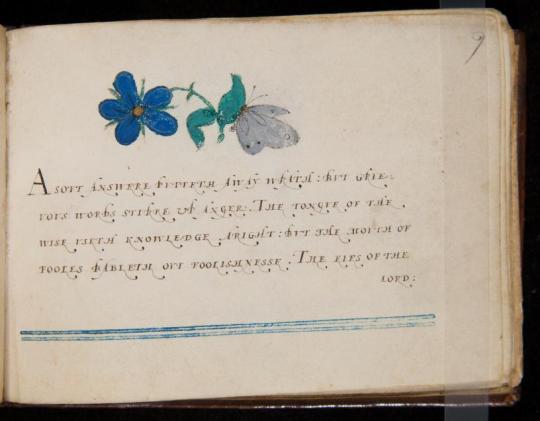


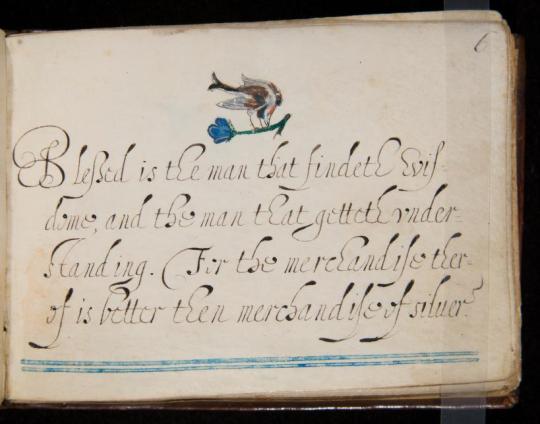
Decorative front cover and pages taken from 'A New Yeeres guift for the right honorable and vertvovs lady, the Lady Arskene of Dirltovn of the hand writing and limming of mee, Esther Inglish, the I of Iannvar.' Published 1606. Manuscript on vellum.
Lady Erskine of Dirleton was the wife of Thomas Erskine, Baron of Dirleton and later 1st Earl of Kellie.
Newberry Library.
archive.org
62 notes
·
View notes
Text
The Book of Magical Charms
Ever since we asked for help transcribing and translating the Book of Magical Charms (Newberry MS 5017) in 2017, people have been fascinated with and... concerned about this little manuscript.
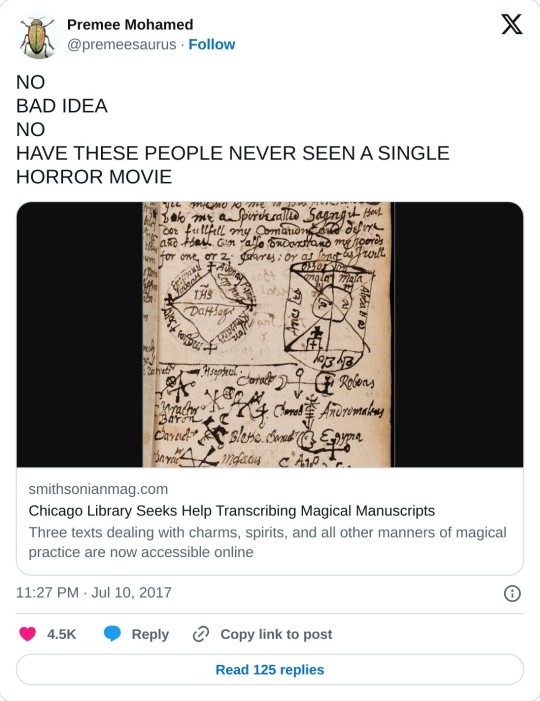
But what IS this book, really? It's not a spell book of black magic--it's commonplace book! A collection of recipes, quotations, and yes, magical charms copied down by a lawyer and book collector named Robert Ashley in the 1600s. In a time where the magical and mundane seemed to coexist, Ashley collected a variety of guides that may have been able to help him address health issues--some which claimed to have scientific backing, others which are purely magic. (He also copied down some experiments that were supposed to help him win at dice.)
In early modern England, Christianity and magic were closely linked, and this book would not have been seen as blasphemous. However, it's unlikely that Ashley attempted any of these spells himself, as he had little privacy or ability to procure obscure ingredients. You can see a few excerpts of the book here:
youtube
If you're interested in summoning spirits yourself*, you will be happy to hear that the Book of Charms has been fully transcribed and translated by amazing volunteers. But wait, I hear you saying, I don't see the transcriptions at that link! I only see a very cool manuscript!
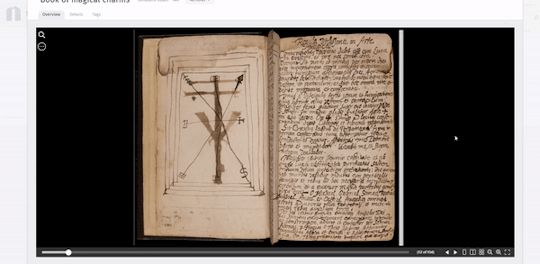
Don't worry, it's only a click away. Simply right click then "view details" on any page that you want to see the transcription/translation for, and scroll down to read. The translation follows the transcription in the same text box. Happy summoning!
*The Newberry is NOT liable for anything supernatural that happens if you try to read the Book of Charms out loud.
–Quinn Sluzenski, Digital Initiatives Assistant
View the Book of Charms and more at A Very Newberry Halloween
for more information:
Satterley, Renae. "Robert Ashley and the Authorship of Newberry MS 5017, The Book of Magical Charms." Manuscript Studies: A Journal of the Schoenberg Institute for Manuscript Studies, vol. 6 no. 2, 2021, p. 268-299. Project MUSE, https://doi.org/10.1353/mns.2021.0017.
#libraries#newberry library#special collections#digital humanities#halloween#archives#book of magical charms#magic#spells#newberryq#Youtube#collection stories
330 notes
·
View notes
Text
Esther Inglis
Dear Davy Tolmie - I am fair pleased that ye hae taen tent o Esther Inglis, but I’m afraid she deit on 30 August 1624, nae 10th; I quote hir testament dative, NRS CC8/8/53, p.27, registered “xi martii 1625”, viz. “ye tyme of hir deceis quha deceist vpon the penult day of august 1624” ; the same info is in David Laing’s great “Notes” in the 1865 Proceedings of the Society of Antiquaries, available in PDF online. I published twa muckle articles on hir in spring 2023, one in the online “SSL 48.2” (just google that, and the journal will come up) and in the Journal of the Edinburgh Bibliographical Society. There is a huge amount of info about her online at “estheringlis.com” - there is an awful lot of colonialist nonsense anent “Esther Inglis the Elizabethan Englishwoman” online, maist recently in the piece “Happy New Yeeres from the Newberry”, pitten oot be the Newberry Library in Chicago, and it’s gaun to be a lang, lang trauchle tae get the puir wumman acknowledged for the daughter of Edinburgh that she was; but if ye could correct “10th” August to “30th”, that would be great.
Thank you Doctor Reid-Baxter, am just a wee auld guy who enjoys telling the world about oor ain country, the info I post is from what is available to me at the time, and while I try to be as accurate with my poosts, as I cann, I can’t claim to always be 100% right. The links I added to the posts I made, going back to 2019 originally, pre-date your own, I have amended the 2023 date, and come August 30 this year I shall refresh myself with her story via your links from 2023, I doth my cap to fellow Scots who share anything that tells the story of oor ain fowk, thank you
11 notes
·
View notes
Text
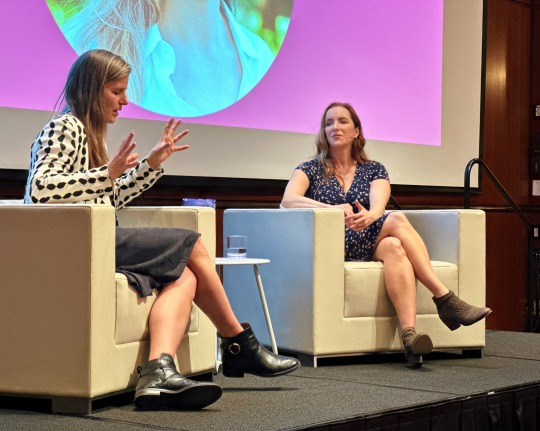
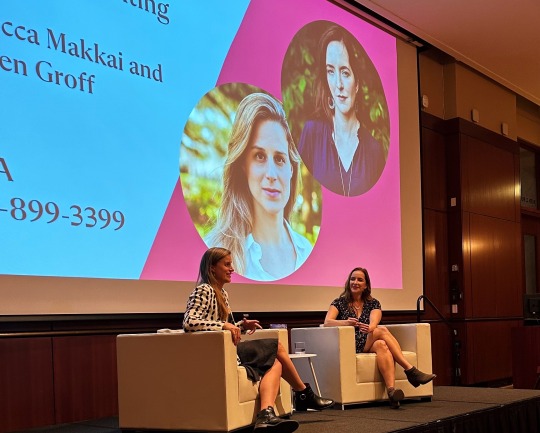
On October 4 at the Newberry Library, Lauren Groff (Fates and Furies) and Rebecca Makkai (The Great Believers) came together for a conversation about craft. The event was part of the Writers on Writing series presented in partnership with StoryStudio Chicago.
Groff is currently on book tour for The Vaster Wilds, which she says is a historical fiction triptych made up of three books “singing in different registers about how we got where we are.” In 2019, she threw all three books into her editor’s lap and “ran away crying.” She wanted to “send three books across time, sort of skipping a stone,” all in their own ways examining women in religion and nature.
For both writers, each book is purposefully very different from the last. Makkai even feels that she has to almost detonate the last book with the new one, shift completely. Themes might emerge from their books, but it’s not something they actively push for—you tell a story, and the bigger vision will appear. Groff tries not to over-intellectualize her books for risk of “killing” them. As long as you “write into your urgencies,” she says, patterns will inevitably appear across your work.
Groff has a unique drafting process, which she attributes partially to her OCD and the need to work both with and around it. To break her perfectionism, she writes her drafts long-hand, straight through, no editing. She can’t read her own handwriting, so there’s little rereading: when she’s done, she puts that draft in a box, and starts over. What she remembers is what will be important—what she cuts provides a meaningful backbone to what she keeps. “By breaking, I’m building,” she says. Each draft builds on the last.
Makkai noted that Groff scatters omniscience throughout her books, using it in unexpected moments. “For me,” Groff explains, “omniscience is a way of disrupting the linear timeline.” If a protagonist lives step by step, an omniscient voice breaks through vertically, like spikes, shaking up the storyline, reminding the reader that the character is just one person in a big world.
Omniscience isn’t a popular point-of-view these days, and Groff has a theory about why. “I’m attracted to omniscience always, and I actually think it’s because I was raised in a Godly family,” she says. People are afraid of God nowadays, and their secular distrust and faith in the individual experience lead them to believe that 1st person POV is the most stable, truthful one to use.
Makkai’s students nowadays are drawn to polyphonic, multi-person perspectives in their novels, incorporating more and more voices. She wonders if, to Groff’s point, as we as a society decide that only the individual can faithfully transmit their own experience, and we work to privilege more and more voices, if students are attracted to including as many voices as possible rather than shift into what they might feel is a more prescriptive 3rd person POV.
Sometimes, writing a book itself can be a religious experience. Every time Groff writes a novel, there’s a point when “the world is sort of shrinking into the book, and then, the book blooms outward”—and suddenly everything you see is part of the book. Makkai says that she knows her book is ready and good when she’s clearing her mind during yoga, letting all thoughts go, and what’s left is the book.
13 notes
·
View notes
Photo
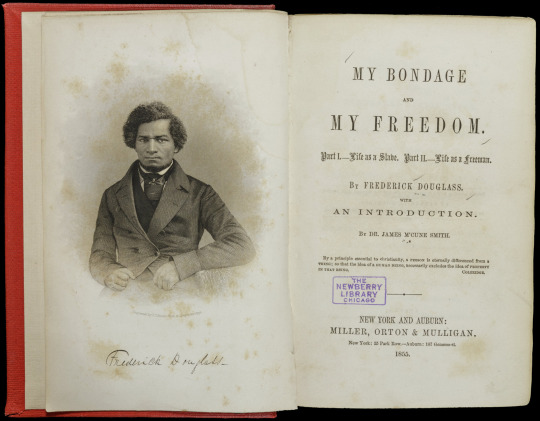
Frederick Douglass, My Bondage and My Freedom, with an Introduction by James McCune Smith, Miller, Orton & Mulligan, New York and Auburn, NY, 1855 (Internet Archive here) [Newberry Library, Chicago, IL]
#graphic design#book#frederick douglass#james mccune smith#miller orton & mulligan#newberry library#1850s
18 notes
·
View notes
Text

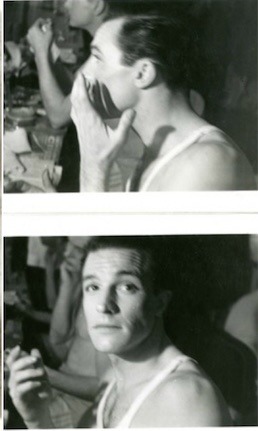
Gene Kelly in Chicago in the 1930s (part of the Newberry Library exhibit)
Gene Kelly studied classical ballet here briefly in the 1930s with Berenice Holmes, and Ann Barzel (whose film collection was in the exhibit) was also in the class. Though his dance teacher, Berenice Holmes at Chicago Dance Masters, instructed him in classical ballet, after dark she "took him to the jazz clubs in Chicago.” While in Chicago, Kelly embraced the city's jazz culture.
32 notes
·
View notes
Photo
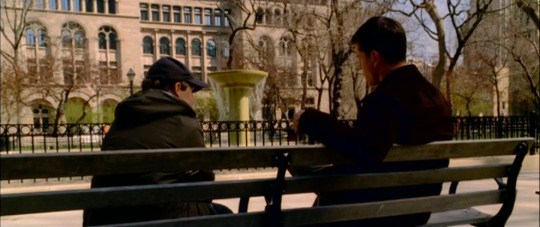
The exterior of the Newberry Library (Chicago) in Steven Soderbergh’s Ocean’s Twelve (2004). (This image is from a deleted scene in the film, which is available as a DVD “extra.”)
0 notes